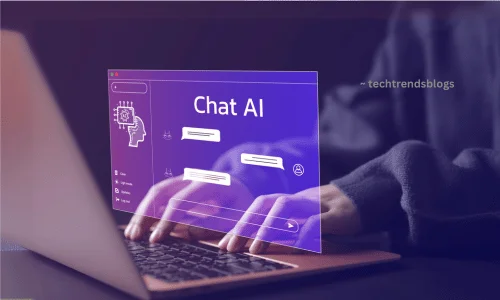
Mid-sized organizations in India are waking up to the need to harness the power of artificial intelligence (AI) to stay competitive. OpenAI’s enterprise ChatGPT, Microsoft’s Co-Pilot, and Google’s Gemini offerings are among the leading AI tools available. Each of these tools has distinct features, benefits, and use cases. Deciding which to adopt can involve several factors. Here, we will go through these factors individually.
1. Understanding the Tools
OpenAI’s Enterprise ChatGPT:
- Capabilities: Versatile conversational AI tool designed to handle tasks ranging from customer support to content generation and data analysis. It can even help generate computer code.
- Customization: Highly customizable to tailor responses to specific organizational requirements.
- Integration: Can integrate with various platforms, making it flexible and adaptable.
- Data Privacy: Ensures client data is not used in training models, offering a “walled garden” for enterprises.
Microsoft’s Co-Pilot:
- Integration: Deeply integrated with Microsoft 365, enhancing productivity within tools like Word, Excel, and Teams.
- Capabilities: Can automate tasks such as document generation, data visualization, and email drafting.
- Ecosystem Fit: Seamlessly fits into organizations already using Microsoft Office tools.
Google’s Gemini:
- Data Processing: Excellent data processing capabilities and advanced machine learning models.
- Security: Known for robust security features, critical for sensitive data.
- Capabilities: Ideal for complex data analysis, predictive analytics, and automation.
2. Evaluating Key Factors
Primary Use Case:
- Customer and Supplier Support: OpenAI’s ChatGPT might be best due to its conversational capabilities.
- Internal Productivity: Microsoft’s Co-Pilot offers significant advantages with seamless integration into Microsoft 365.
- Data Analysis and Automation: Google’s Gemini is suitable due to its advanced machine learning models.
Integration with Existing Systems:
- Legacy Applications: Assess compatibility with existing systems like SAP or Oracle.
- Microsoft Ecosystem: Co-Pilot is ideal for organizations heavily invested in Microsoft products.
- Google Workspace: Gemini fits naturally with Google Workspace tools.
- Platform Agnostic: ChatGPT offers flexibility through APIs.
Customization and Scalability:
- OpenAI’s ChatGPT: Extensive customization options for bespoke solutions.
- Microsoft’s Co-Pilot: Functional within Microsoft’s ecosystem but limited outside predefined capabilities.
- Google’s Gemini: Offers scalable solutions for growing businesses.
Security Considerations:
- Google’s Gemini: Robust security features suitable for handling sensitive data.
- Microsoft’s Co-Pilot: Benefits from Microsoft 365’s comprehensive security measures.
- OpenAI’s ChatGPT: Enterprise-grade security with no data used for model training.
Budget Constraints:
- Evaluate the cost of each tool, including integration and ongoing maintenance expenses.
- Assess potential return on investment by looking at efficiency improvements, cost reductions, or additional revenue generation.
- Identify primary objectives and pain points to determine the value of the investment.
3. Implementation and Testing
Pilot Programs:
- Implement pilot programs to evaluate the tools’ performance in real-world scenarios.
- Measure effectiveness, user satisfaction, and challenges encountered during the pilot phase.
Vendor Engagement:
- Engage with IT vendors to understand capabilities, support options, and future roadmaps.
- Request case studies or references from similar organizations to gain insights into their experiences.
Employee Training and Change Management:
- Plan training and familiarity sessions for employees to ensure comfort with the new tools.
- Develop a change management strategy to facilitate a smooth transition, especially if employee changes are anticipated.
4. Making an Informed Decision
By carefully evaluating these factors, organizations can make an informed decision that aligns with their strategic objectives and maximizes the benefits of AI technology. Bringing on an experienced consultant can also help guide the decision-making process, ensuring a smoother implementation and better results.
Siddharth Pai
The author is a technology consultant and venture capitalist.
